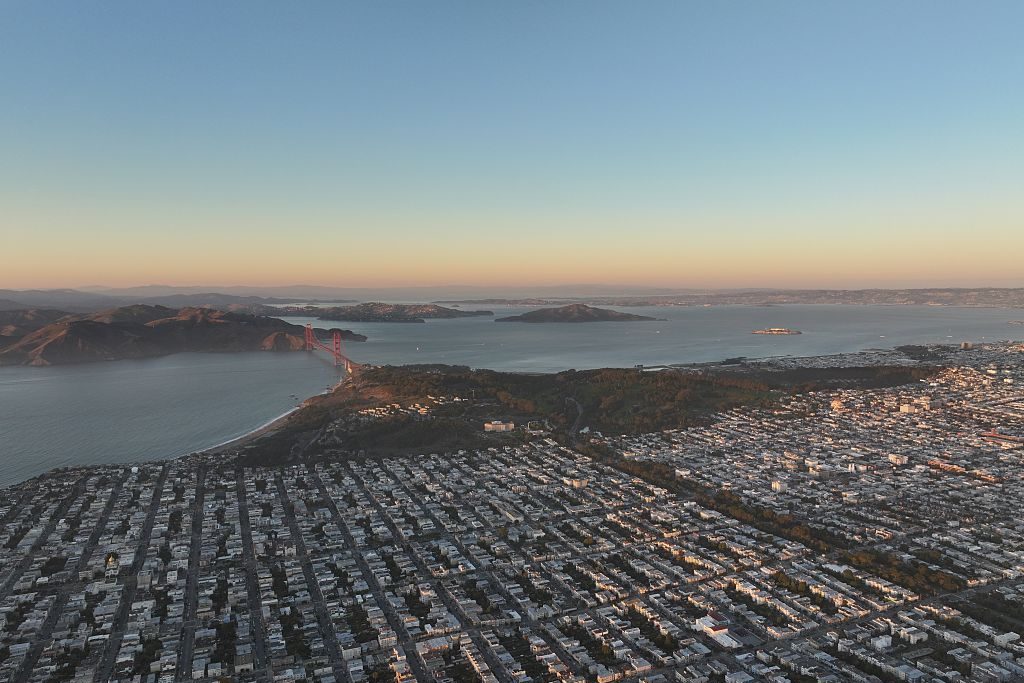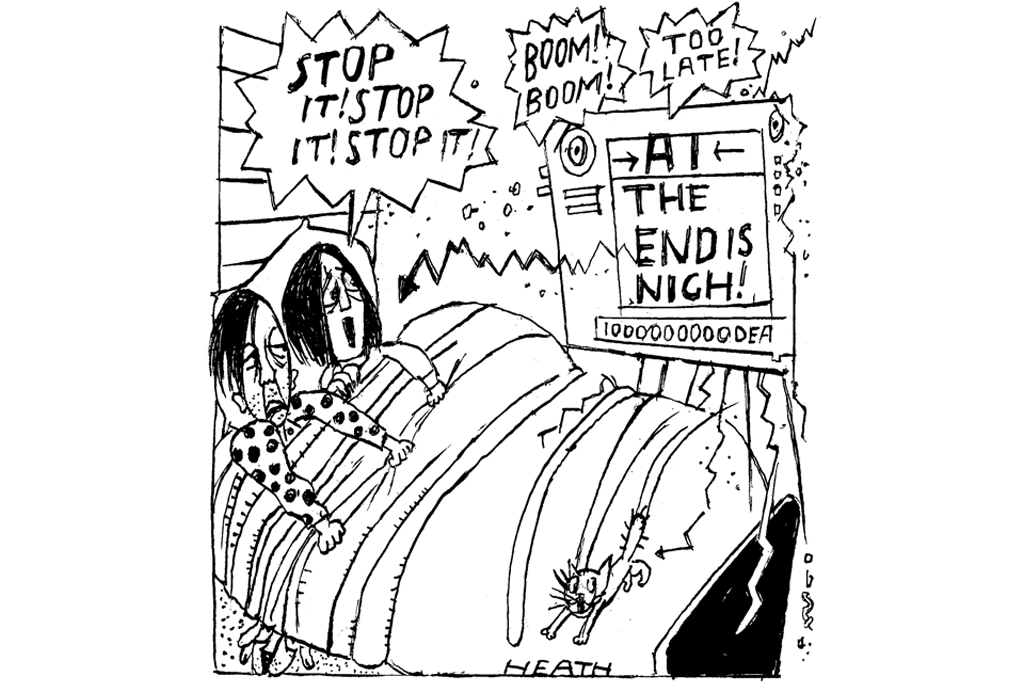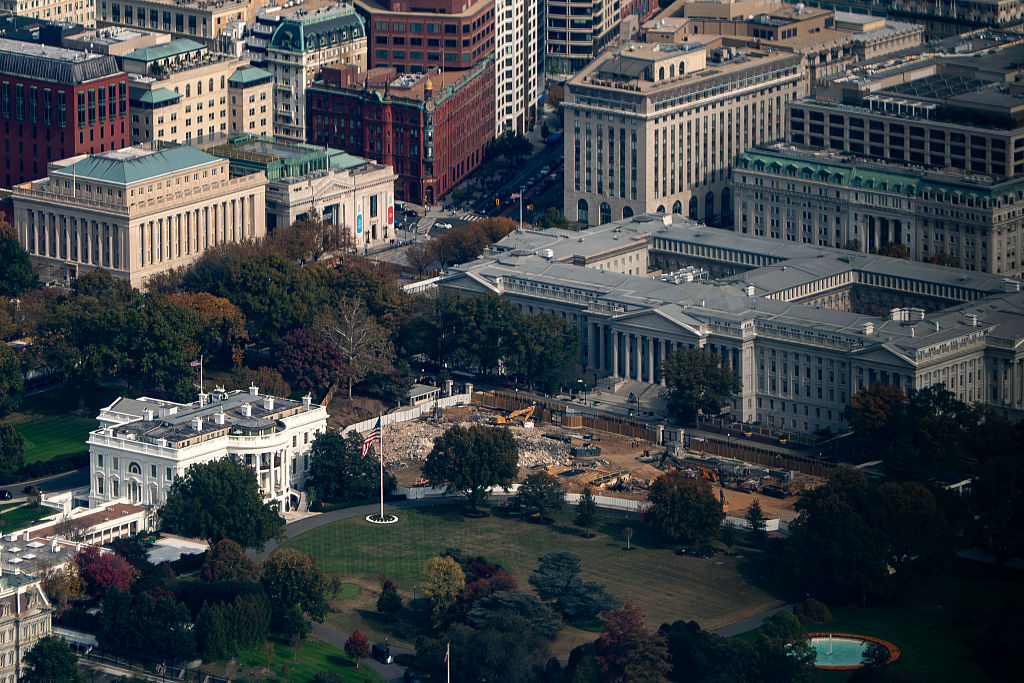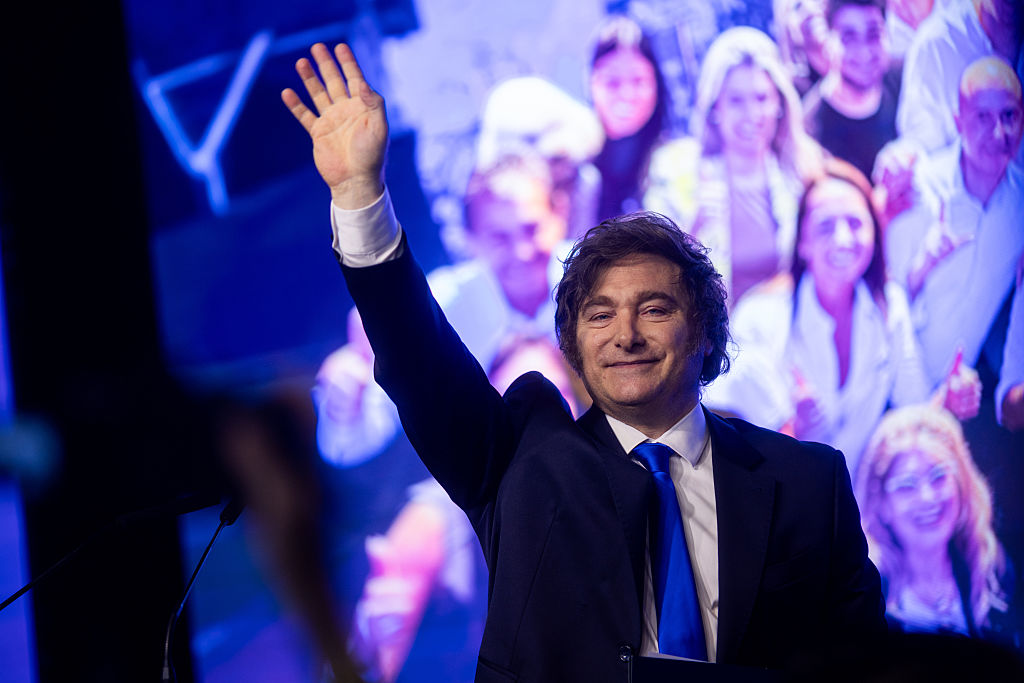New York vs Los Angeles is done to death. Those cities have already captured the American heart on stage and screen. The next great rivalry (or is it an alliance?) is unfolding between the bastions of the nerds: Washington, DC, and San Francisco. Each prizes a different facet of intellect – DC the operator, San Francisco the inventor, functioning as co-architects of a new American order.
We tell ourselves SF and DC represent different values: disruption and order, innovation and stability. And yet the cities are locked in a symbiotic embrace. San Francisco builds new worlds in the image of its algorithms; Washington manages those worlds through policy and process. But this is a cold comfort. While both claim to act in the public interest, each sees the human as a problem to be solved.
The Bay Area’s age of AI and relentless innovation has revived the old romantic ideal of progress. The pioneer spirit of the West survives there in its purest form, fueling faith in optimization and rationality as solutions to every human problem. However, as much as San Francisco believes itself to be the city of the future, its techno-optimism is curdling into a kind of moral craft – a conviction that intelligence can solve even the problems of the soul; algorithms so attuned to latent desire they acquire a mystic shroud and supplant the idea of God.
SF’s technocrats are superb builders, optimizers and brilliant problem-solvers, confident in the power of reason, even in their mimicry of human affect. Yet they forget that the simulacrum of the soul is not the soul itself. San Francisco’s intellectual life risks becoming a cult of cleverness, believing in nothing beyond the material. The city gamifies moral life, reducing virtue to interface and empathy to design. With success comes arrogance. Cults have always thrived in the American West, and the Bay is no exception.
Washington, my city, deals in hard power. Operators and bureaucrats populate this thin place and attempt to drag nebulous ideas from the bowels of the internet into the real world. Procedural and strategic intelligence dominate. Intellect here, as in the Bay, is used to move things.
Washington suffers the same sickness as San Francisco: the mechanization of intellect in service of power. The capital systematizes the world beneath the veneer of public interest until – behind closed doors – there is no room left for the human. It abolishes the soul by institutionalizing it, or tabling it until the votes are counted and victory assured. In both cities, inner life is replaced by mechanical operations, whether they are algorithmic optimization or political maneuvering.
Humanity in both cases becomes a rounding error, nothing more than a variable to train the model or a complication to be managed after the election. Each city serves Power while sacrificing meaning. Between the West Coast’s delirious faith in innovation and the capital’s procedural worship of control lies the same threat of emptiness: the loss of interior life.
I would be remiss not to mention Boston, which stands apart from this alliance. The third city of nerds, the home of the archetypal elite scholar holds perhaps the purest expression of American brainpower. Yet its fixation on scholarship sets it apart from the other two, making it more of a ceremonial old guard of the brain trust than a boundary-pushing force. Where San Francisco disrupts, Boston preserves. Where Washington dominates, Boston analyzes. For all its excellence, Boston feels more like a museum of thought than a battleground of it, at least in the public imagination.
America’s brightest minds have turned thinking into machinery. Both believe intellect can redeem us, when in truth it is in danger of replacing us. Perhaps Boston’s sterility is preferable to this impotent brilliance, from a romantic perspective. Though the archetypal scholar may lose himself in theory, at least he knows the human joy of theorizing. We must watch our hearts, lest we forget what the thinking was ever for.
This article was originally published in The Spectator’s November 10, 2025 World edition.


























Leave a Reply